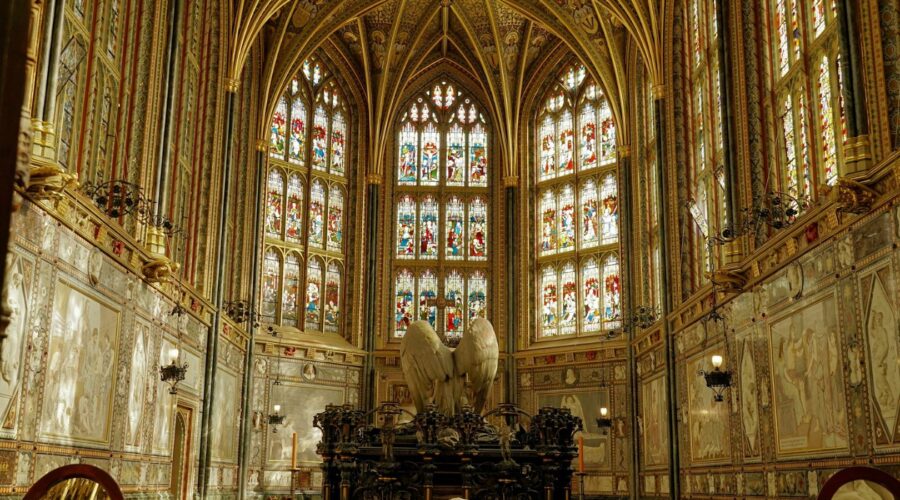Your cart is currently empty!
Incarnation Catholic Church: A Comprehensive Overview

What is the Incarnation?
The Incarnation is a central tenet of the Christian faith, stating that the second person of the Trinity, the Son of God, became human in the person of Jesus Christ. This belief is based on the biblical accounts of Jesus’ birth, life, death, and resurrection.
The Biblical Basis of the Incarnation
The Incarnation is primarily supported by the Gospel of John, which states: “And the Word became flesh and dwelt among us, and we have seen his glory, glory as of the only Son from the Father, full of grace and truth” (John 1:14). Other passages, such as Matthew 1:18-25 and Luke 2:1-20, provide additional details about Jesus’ miraculous birth from a virgin.
Theological Implications of the Incarnation
The Incarnation has profound theological implications:
- God’s nature: It demonstrates that God is not a distant being but a loving and personal Father who cares deeply for humanity.
- Human nature: It affirms the dignity and worth of every human being, as we have been created in the image and likeness of God.
- Salvation: It provides the basis for our salvation, as Jesus’ atoning death on the cross was made possible through his humanity.
The Role of the Catholic Church
The Catholic Church has played a significant role in preserving and interpreting the doctrine of Incarnation. Through its teachings and doctrines, the Church:
- Affirms the biblical witness: It maintains the historical reality of Jesus’ Incarnation, as narrated in the Gospels.
- Defines nature of Christ: It teaches that Jesus was fully divine and fully human, two natures united in one person.
- Promotes devotion and worship: It encourages the faithful to adore and worship Jesus as the Incarnate Word of God.
Practical Implications for Christians
The Incarnation has practical implications for Christians today:
- Model for living: Jesus’ life and teachings provide a model for how we should live as followers of God.
- Source of hope: The Incarnation assures us that God is with us in our struggles and has overcome the power of sin and death.
- Inspiration for mission: It motivates us to share the good news of salvation with others, as Jesus came to bring salvation to all.
Challenges to the Incarnation
Historical Skepticism
Some historians question the historicity of Jesus’ life and Incarnation, citing lack of independent sources and conflicting accounts in the Gospels.
Non-Christian Doctrines
Various non-Christian religions, such as Islam and Buddhism, reject the concept of Incarnation, believing that God cannot fully become human.
Theological Difficulties
Theological understanding of the Incarnation can raise questions about the relationship between Jesus’ humanity and divinity, as well as the implications for the Trinity.
Conclusion
The Incarnation is a central and foundational belief for the Catholic Church and Christianity as a whole. It articulates the mystery of God’s love and the hope of salvation. Through the Incarnation, God became human to bridge the gap between humanity and the divine, providing a path to redemption and a model for our own lives.